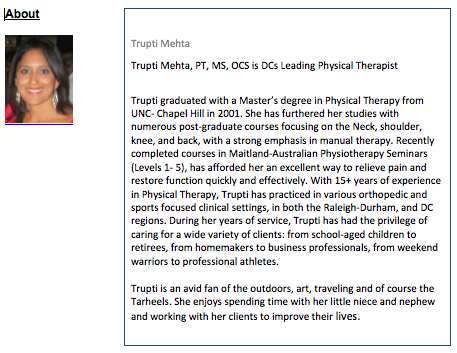
Getting sick is inevitable. In fact, most adults usually get two to three respiratory infections each year. However, we all have obligations that cannot wait, especially if it’s a newly made New Year’s resolution. It can certainly feel like a huge setback, and more
so when it involves a new focus on getting healthier. The past 3 weeks, we’ve been hearing a lot about the rampant flu. Just 2 days back, NBC had a story covered on this year’s flu epidemic.
Last week, I came down with a bad cold, and it totally affected my ability to engage with people in my life let alone exercise. Thankfully, I bounced back quickly. A number of my patients have been asking me this week, whether it is okay to exercise when they’re
feeling sick. So I figured, I’d write a blog post with some helpful tips about it.
Common sense should tell you that if you have a little cold, then scale back the intensity and duration of your workout. However, there are instances where you should back off completely and take time off. Here are some considerations so you know the difference.

Let us start with an easy rule to remember–if your symptoms occur from your neck up, then it’s alright to perform a light exercise routine. If, however, your symptoms travel below your neck–stay home! In other words, if you have a common cold, which is often
limited to upper respiratory symptoms like a runny or stuffy nose, then it is usually okay to exercise. However, if you are experiencing general achiness, Gastric symptoms, chest congestion, or profound weakness, then stay home and drink plenty of fluids.

Now let me clarify one exception to the “above the neck” rule, and that being whether you have a fever. Since a fever is going to raise your body’s core temperature, which will also most likely get you dehydrated, you do not want to add insult to injury by taxing
your body with any type of exercise workout. In addition, once your fever has broken or you have recovered from a bad illness, it is best to avoid exercising for at least the next 24 to 48 hours. Moreover, when you do finally resume your exercise routine, do not pick up where you left off–ramp up slowly.
Now, under normal circumstances (aside from being sick and exercising), regular, moderate activity can help your immune system which, in turn, helps to prevent future illness. Note–the key word being moderate. Whenever you perform extreme exercise
at very high levels, then you compromise your immune system (think running a marathon).







